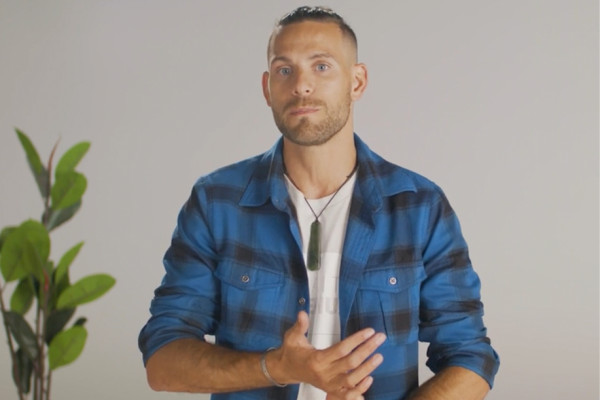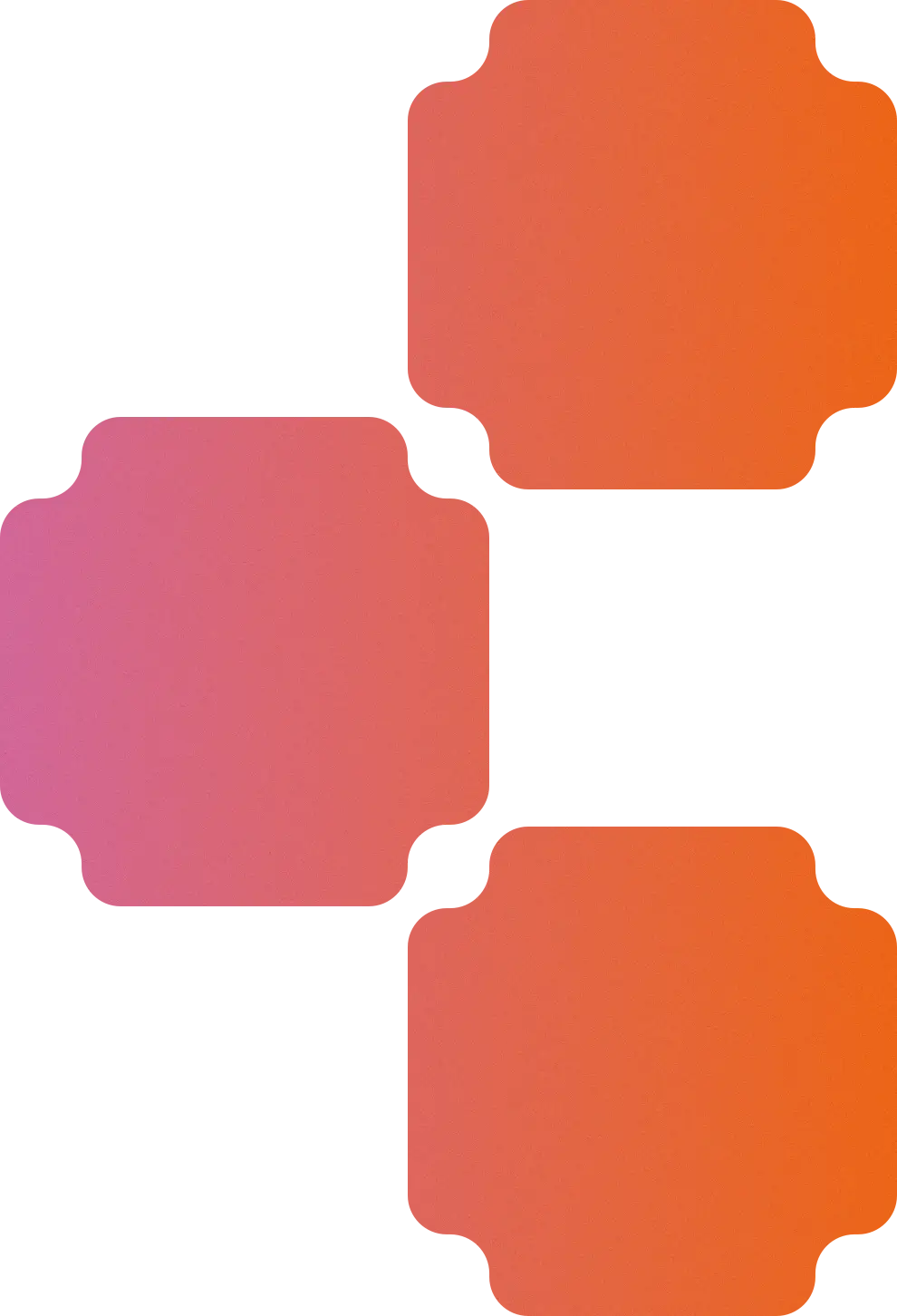
Planning & budgeting
Saving & investing
KiwiSaver
Tackling debt
Protecting wealth
Retirement
Home buying
Life events
Setting goals
Money tracking
Plan your spending with a budget
Getting advice
Studying
Get better with money
What pūtea beliefs do you have?
How to build up your emergency savings to cover unexpected costs
How to save your money
How to start investing
Find a financial adviser to help you invest
Your investment profile
Compound interest
Net worth
Types of investments
Term deposits
Bonds
Investment funds
Shares
Property investment
How KiwiSaver works and why it's worth joining
How to pick the right KiwiSaver fund
Make the most of KiwiSaver and grow your balance
How KiwiSaver can help you get into your first home
Applying for a KiwiSaver hardship withdrawal
How to use buy now pay later
What you really need to know before you use credit
How to get out of debt quickly
Credit reports
Know your rights
Pros and cons of debt consolidation
Credit cards
Car loans
Personal loans
Hire purchase
Student loans
Getting a fine
What happens if I start to struggle with moni?
How to protect yourself from fraud and being scammed
About insurance
Insurance types
Insuring ourselves
Wills
Enduring powers of attorney
Family trusts
Insuring our homes
Losing a partner
Redundancy
Serious diagnosis
How to cope with the aftermath of fraud
Separation
About NZ Super
This year's NZ Super rates
When you’re thinking of living in a retirement village
How to plan, save and invest for retirement
Manage your money in retirement
Find housing options in retirement
Four approaches to spending in retirement
Planning & budgeting
Saving & investing
How to build up your emergency savings to cover unexpected costs
How to save your money
How to start investing
Find a financial adviser to help you invest
Your investment profile
Compound interest
Net worth
Types of investments
Term deposits
Bonds
Investment funds
Shares
Property investment
View all
KiwiSaver
Tackling debt
How to use buy now pay later
What you really need to know before you use credit
How to get out of debt quickly
Credit reports
Know your rights
Pros and cons of debt consolidation
Credit cards
Car loans
Personal loans
Hire purchase
Student loans
Getting a fine
What happens if I start to struggle with moni?
View all
Protecting wealth
Retirement
Home buying

Although buy now, pay later (BNPL) can be a helpful way to spread payments, it is a type of debt and comes with risks. Did you know there are late fees if you miss a repayment? Be careful you don’t get trapped – that ‘pay later’ can quickly turn into pain later.
Freya shares her story on how using Buy Now, Pay Later became a bit addictive. Read how she now keeps her spending in check with rules for not going off the rails.
Savvy tips from a Buy Now, Pay Later spender

Are you using Buy Now, Pay Later like Afterpay or Zip? There are a few things to know to make sure you stay on top of your spending.
Read guide

Buy Now, Pay Later sounds tempting but it’s not without risks. Here’s how to do it safely.
Watch video


Giving is contagious, right? It’s easy to get swept up in the thrill of it all. That makes it challenging to stay checked in with our money choices. Here are 8 money hacks that can help you party on with less of that debt hangover afterwards.
We’ve all been there – you see a great sale but don’t quite have enough money saved up so you use BNPL. And then the latest smartphone is being released or you’ve got to buy a present last minute for one of your friends. Why not take out another BNPL for those too? After all, you’ve got the money for the first payment and it’d be great to be able to get it now and pay it off later.
Well, that’s where things can start to go wrong. It can be easy to lose track of what you’ve borrowed, and before you know it, you’re not keeping up with the repayments and those late fees start adding up.
Whether it’s Buy Now, Pay Later or a credit card, there are safe ways to use debt.


Use verification code from your authenticator app. How to use authenticator apps.
Code is invalid. Please try again
Don't have an account? Sign up
Or log in with our social media platforms


A free account gives you your very own space where you can save your tools and track your progress as you get ahead.
Or sign up using Google:


